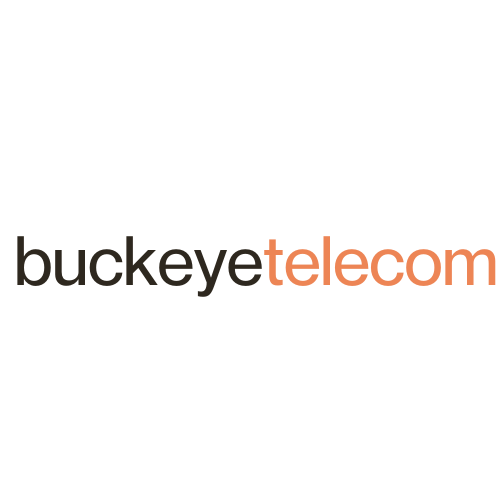Choosing a phone system for your business: hosted vs. on-premises
If you're planning to modernize your phone system and are debating between on-premise and cloud-based options, examine the following aspects to find the best solution for your needs:
1. Costs of the features. Obviously, the most critical consideration is the characteristics each offers. The majority of hosted suppliers do not provide the same capabilities as their on-premises offering. It's impossible to conduct an apples-to-apples comparison if key corporate communications capabilities like queuing, IVRs, and conferencing are lacking (or cost extra).
Tip: Look for companies who offer all of the functionality in both their hosted and on-premises phone systems.
2. Initial Expenses. Hosted unified communications (UC) solutions are often invoiced on a monthly per user basis and have a minimal upfront cost. The cost of using UC with an on-site server is more up front, but there is no monthly subscription after that. It becomes more cost effective to buy your own equipment than than pay a monthly fee after you reach a particular threshold.
3. TCO (total cost of ownership). Because of the savings in IT employees, a hosted UC solution can frequently have a very low total cost of ownership. This is due to the fact that hosted providers handle server configuration and maintenance.
Consider the size and structure of your company when deciding whether to go with hosted UC or on-premises UC.
4. Infrastructure that already exists. Take a look at your existing technology setup. Are you connecting your phones to the Public Switched Telephone Network (PSTN) with a vintage system? Time Division Multiplexing (TDM) connections, for example, can be costly. Switching to a SIP trunk or employing a hosted UC service may result in cost savings.
Replace your outdated TDM connection with a contemporary SIP trunk to save money.
5. The ability to scale. If you choose a premises-based solution, you'll probably want to buy a bigger appliance than you need at first to allow for future growth. New users can often be added to the phone system on an as-needed basis using hosted UC, without the requirement to upgrade hardware.
When weighing your options, remember to factor in future development.
6. Reversibility (Is it possible to go back in time?). When considering a switch to a new business phone system, it's important to ask if the transfer is reversible, regardless of whether your current system is on-premises or in the cloud.
Tip: A fully flexible solution allows you to smoothly transition from on-premises to hosted to hybrid to on-premises and back again.
7. Recovery from a disaster. A comprehensive catastrophe recovery and contingency strategy is a must. Is your phone system capable of remote connectivity via mobile devices if your main office becomes unavailable? The added benefit of hosted UC is that it keeps you connected even if your office is down.
Look for smartphone integration as a bonus. It can be a lifesaver in the event of a natural disaster.
8. Security. Outsourcing your IT can have major security consequences. Smaller organizations may discover that a hosted service does a better job of protecting their data. This is due to the provider's investment in a dedicated pool of resources to keep all of their clients' data safe. A hosted solution, on the other hand, will not be a good choice if your company must comply with security standards that require data to be retained on-site.
Choosing the correct phone system is critical to your company's success. Multiple aspects must be considered when deciding which solution is best, including whether you prefer a capital investment or the flexibility of a monthly fee. And understanding the distinctions between a hosted and a premises-based VoIP service is the first step in making that selection.
You can be confident that you are on your way to selecting a phone system that gives you the best return on investment once you have weighed the advantages and disadvantages of on-site and hosted systems and determined which functions are most needed from each solution.
We can help you go through this challenging choice, and make things as simple as possible. Call or Text us 614-224-2003.

